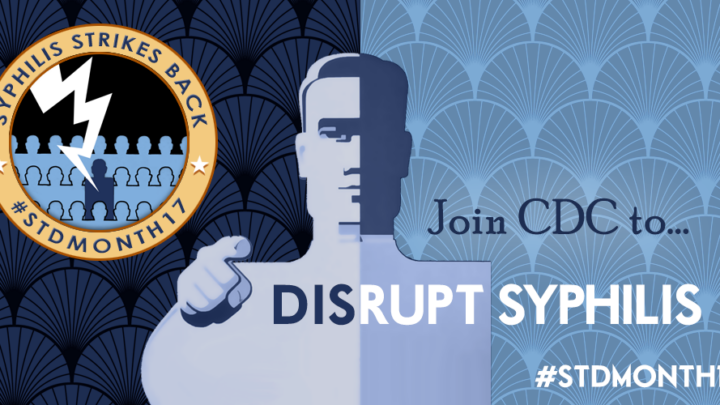
Becoming a doctor is a long, grueling process that includes seemingly endless exams. One of the most significant exams for aspiring doctors is the medical board. The high stakes of this test understandably prompt anxiety from some soon-to-be physicians, and a doctor recently turned to his peers for help, saying:
My close friend has now failed the initial Internal Medicine board exam 5 times. He studies hard and has been to endless courses with loads of books, DVDs etc. He has taken time off to study. He works as a hospitalist. His job is likely in danger because of this issue.
I do not know how to help him. I have done multiple similar exams with no issues. He is a great doctor. I just don’t get how it keeps happening.
Can anybody offer any help?
Several responding physicians suspected that test-taking anxiety was a major factor in play, so we followed-up by asking, “what can a young doctor do to calm test-taking anxieties?” Doctors were quick to comment with tips and some advice on how they survived their boards:
“I hate taking exams. I do questions beforehand, and that seems to help. Hundreds and hundreds of questions…” – Internal Medicine
“If anxiety interferes with test-taking, it needs treatment. If that is the only time it matters, the doc should learn relaxation techniques or use a light dose of a benzo or B-Blocker. Test the response to those before the day of the test.” – Physical Medicine
“Know that the right answer is in front of you. Eliminate the obvious wrong answers and when in doubt trust your gut.” – Neurology
“Make sure you know the material perfectly. It sometimes takes years to put it all together but it does happen. Which explains why I went in to take part II of the NBME. I was joking with friends and whizzed through the test, leaving first, because I read fast. I left the test certain that I had passed-which was my goal. A few weeks later I got my score 96th percentile! I achieved my goal and then some. I think being relaxed is vital.” – Internal Medicine
“Improve focus and concentration before studying and before test taking by taking Pycnogenol 200 mg about one to two hours before both endeavors.” – Internal Medicine
“The right answer in front of you, all you have to do is figure out which one it is. In most cases you can at least rule out one or more of the answers and then trust your instincts when it comes to deciding among the remaining answers. Also, sometimes questions later in the section which are testing the same topic but in a different way may actually help with the original question that gave you trouble.” – Neurology
“I used to be one of those test takers who would dwell on a question and take too long to answer it, risking running out of time. When I learned to just skip it and come back to it later, I no longer ran out of time. You just had to remember to skip a row of dots so as not to screw up your answer sheet. Also I like to study using question and answer books. You can learn a lot when you study why the correct answer is correct and why the other answers are not.” – Internal Medicine
Are you a physician? Join Sermo to meet other doctors to discuss training, tests, and what its like to become a physician.














